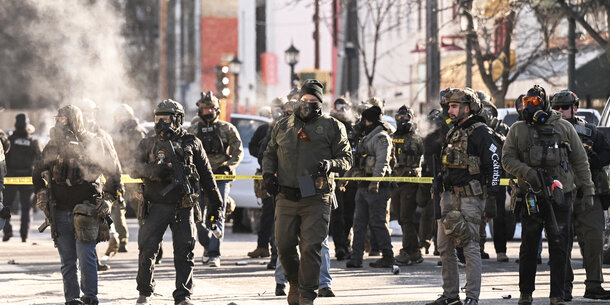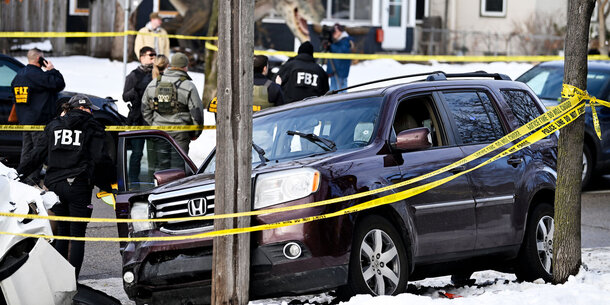The last eighteen months have revealed glaring flaws in the laws that govern the deployment of military forces on American soil. During the January 6 insurrection at the U.S. Capitol, the D.C. mayor’s request to deploy local National Guard personnel faltered before an unresponsive presidential administration, hampering the D.C. government’s handling of an ongoing crisis. Months before, in response to protests following George Floyd’s murder, the Trump administration had similarly exploited the D.C. Guard’s unique command-and-control structure to circumvent the restrictions of the Posse Comitatus Act. At the same time, Trump had summoned a cohort of National Guard troops to Washington, D.C. against the wishes of its elected leader. Finally, in the early months of the Biden’s administration, the governor of South Dakota solicited private donations to fund a deployment of her state’s National Guard to the southern border, an act of political theater that eroded civilian oversight and raised the specter of corruption.
The Fiscal Year 2022 National Defense Authorization Act (NDAA) (H.R. 4350), as passed by the House, contains provisions to address each of these shortcomings. The D.C. National Guard Home Rule Act (Subtitle F) would place the D.C. Guard under the routine control of the mayor rather than president, a change that would enable more flexible response in times of crisis and extend the protections of the Posse Comitatus Act. Section 504, proposed by Representative Mikie Sherrill (D-NJ), would bar interstate deployment under Title 32 of the United States Code without the consent of the host jurisdiction, while Section 503, an amendment offered by Representative Veronica Escobar (D-TX), would largely outlaw the use of private funds for National Guard deployments across state lines. Finally, Section 529F of the House NDAA, proposed by Representative Adam Schiff (D-CA), would deter violations of the Posse Comitatus Act by imposing a remedy of evidentiary suppression.
These reforms would shore up longstanding statutory defenses against the abuse of domestic military deployment. The Brennan Center urges congressional leadership to retain these four provisions in the final conference agreement for the FY2022 NDAA.
Coalition Letter Urges Congressional Leadership to Retain Reforms to the National Guard and Posse Comitatus… by The Brennan Center for Justice on Scribd

